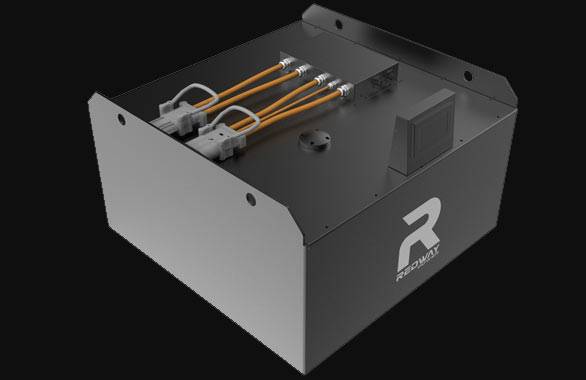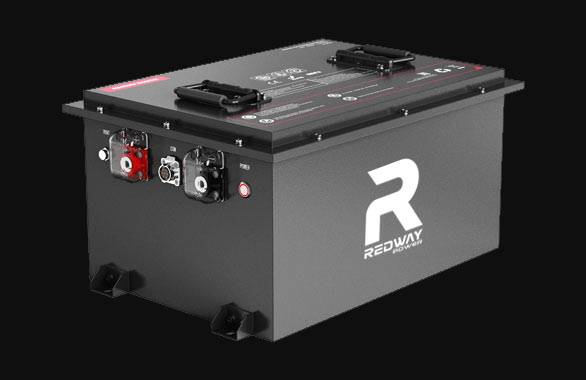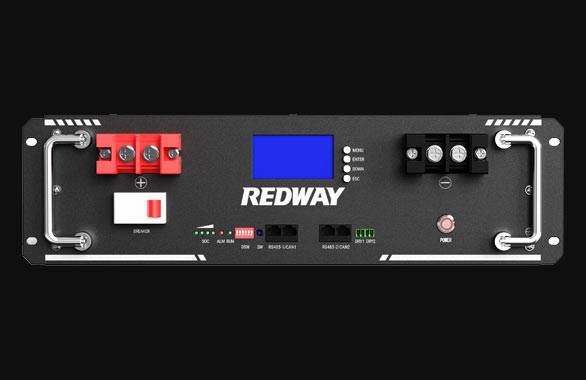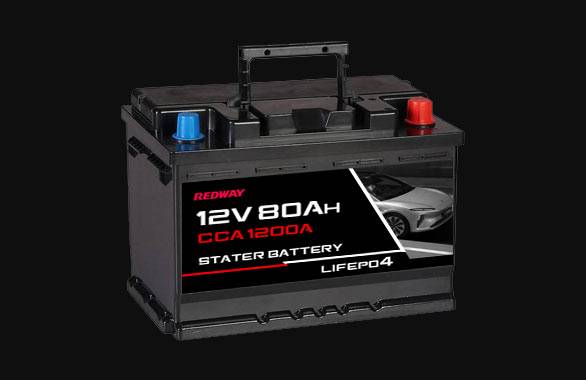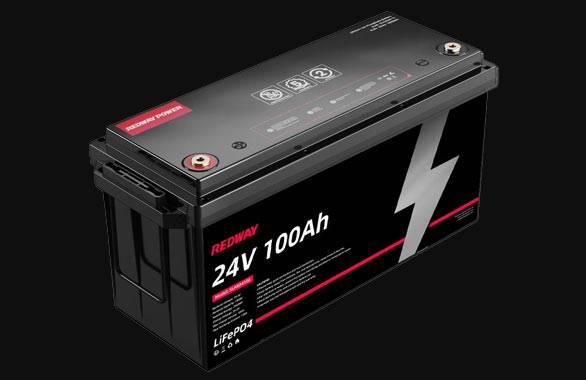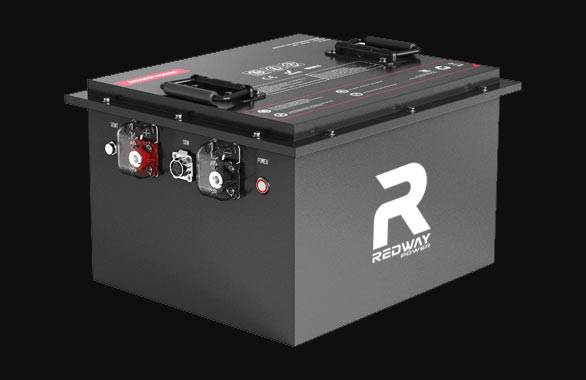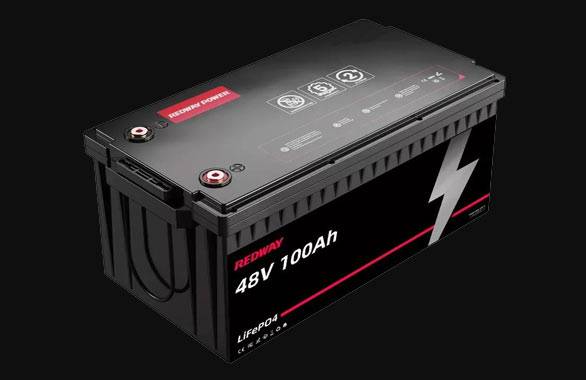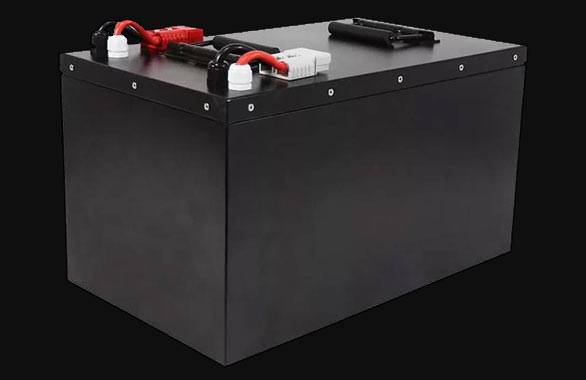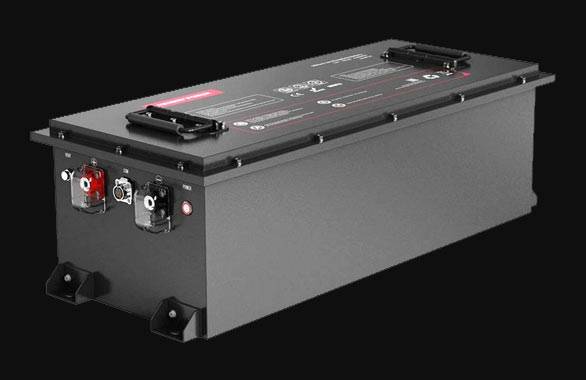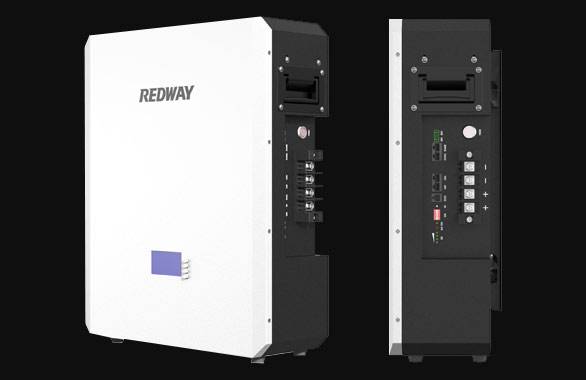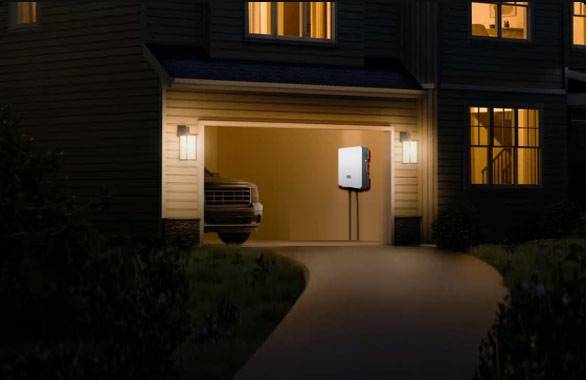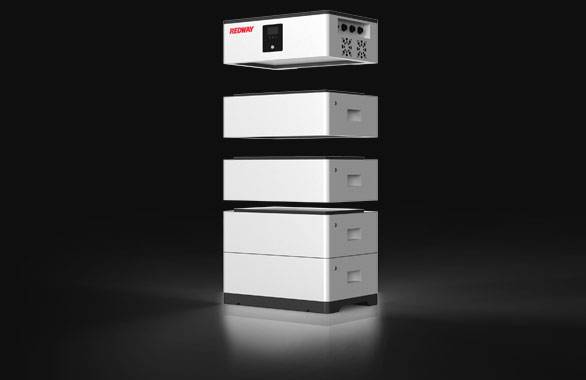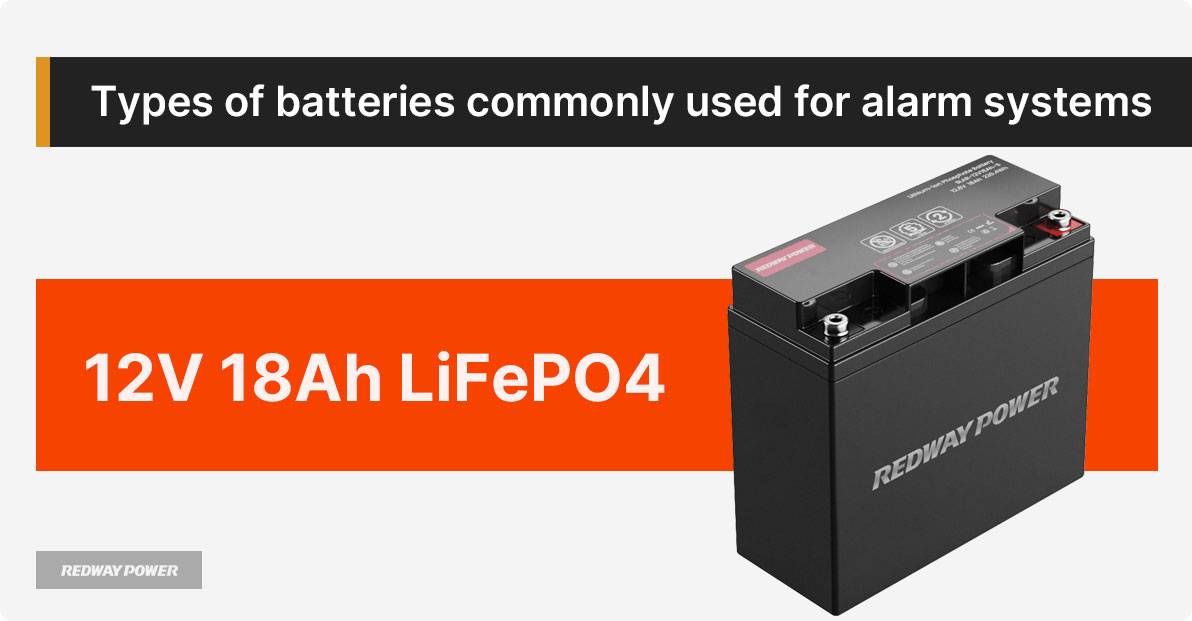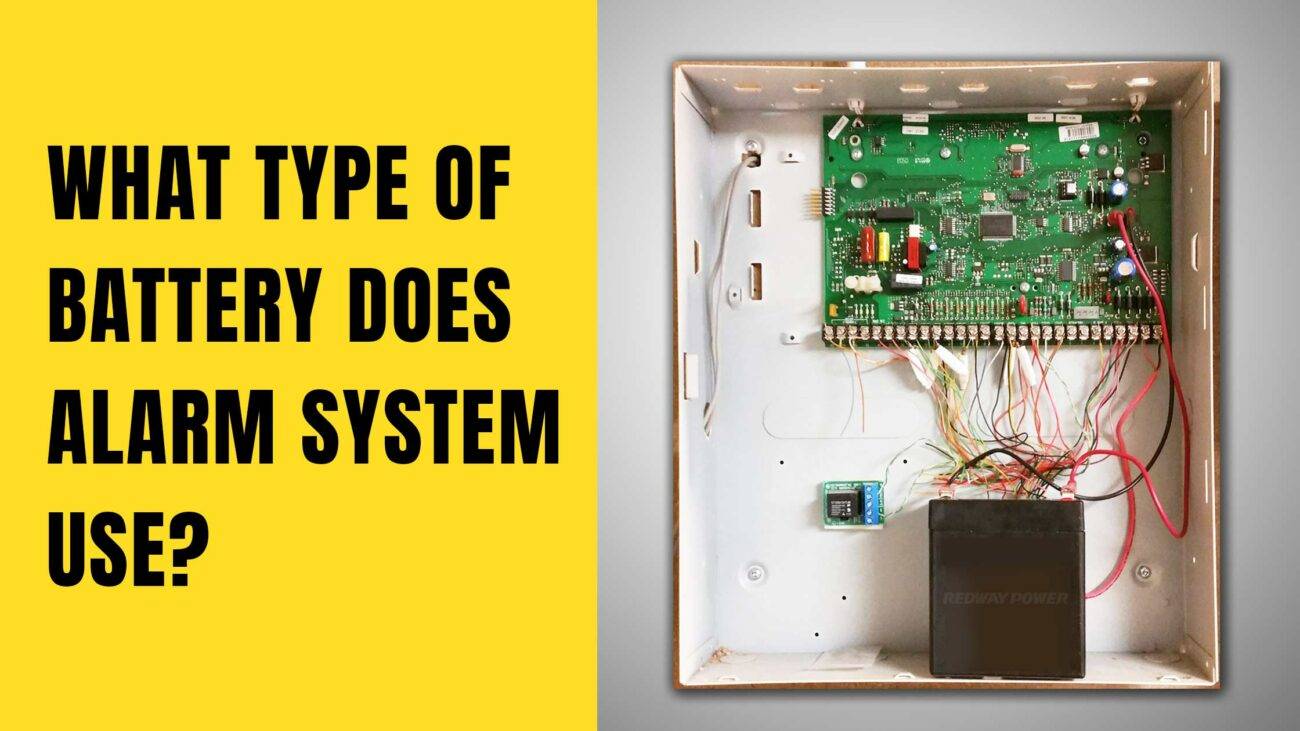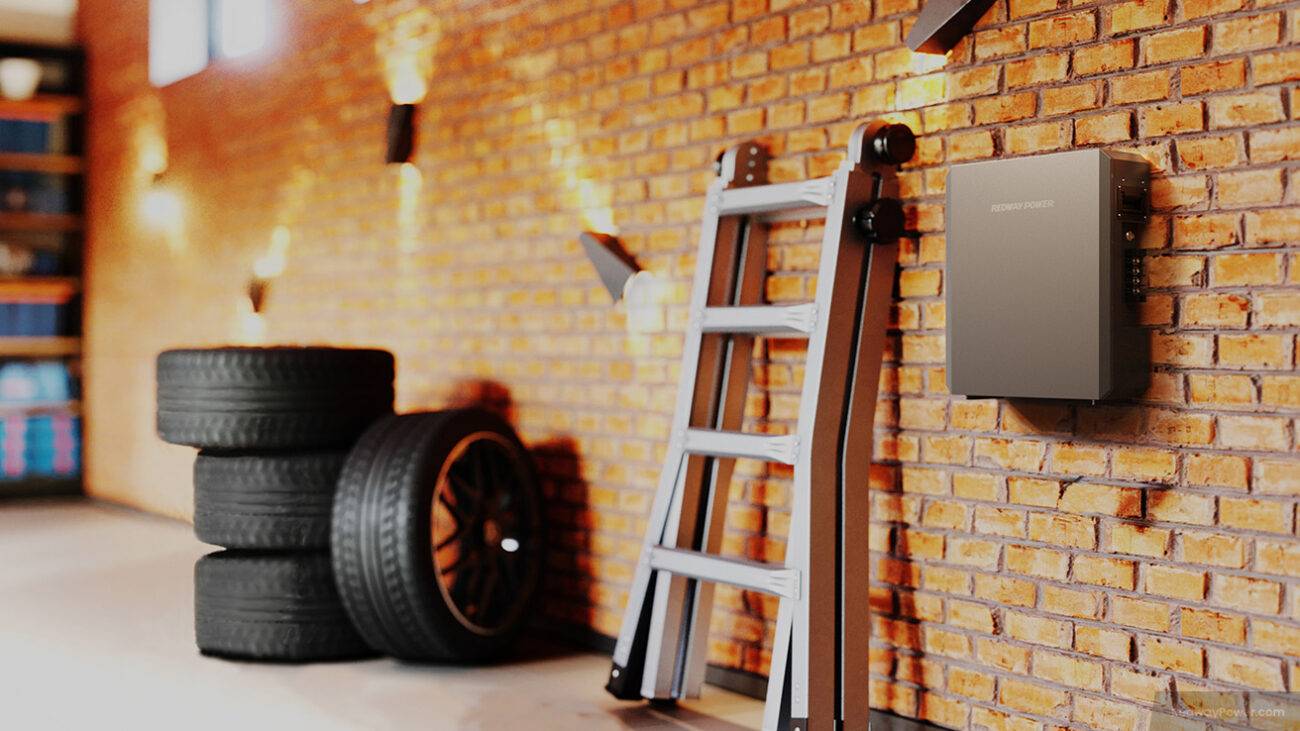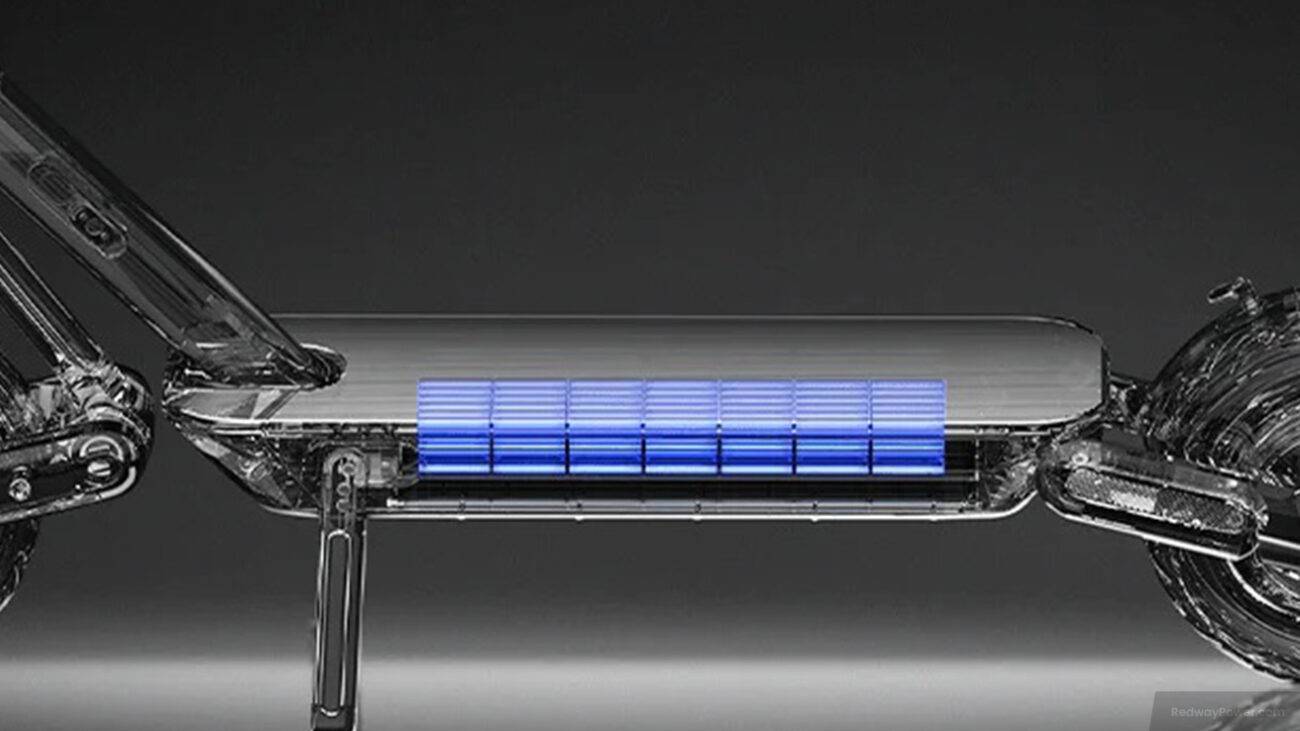- Forklift Lithium Battery
- Golf Cart Lithium Battery
- Rack-mounted Lithium Battery
51.2V 100Ah Rackmount LiFePO4 Battery
8000 times (80% DOD 0.5C)
Optional SNMP for TELECOM - Car Starter Battery
- 12V LiFePO4 Battery
12V 150Ah Lithium RV Battery
Bluetooth App | Self-heating
LiFePO4 | Group 31
UL 1642 | IEC 62619 - 24V LiFePO4 Battery
- 36V LiFePO4 Battery
- 48V LiFePO4 Battery
- 60V LiFePO4 Battery
60V 100Ah Lithium Battery (AGV, AMR, LGV)
Peak Discharge Current 400A
500 x 298 x 349 mm - 72V~96V LiFePO4 Battery
72V 100Ah Lithium Golf Cart Battery
Peak Discharge Current 315A (10S)
740 × 320 × 246 mm - Wall-mounted Lithium Battery
51.2V 100Ah 5kWh
Wall-mounted Battery532 x 425 x 170 mm / LiFePO4
>8000 Cycles (80% DOD 0.5C)
RS485 / CAN-bus
for Solar Home ESS - Home-ESS All-in-One
51.2V 32kWh
All-in-On HESS SystemPowerAll
51.2V / LiFePO4
>8000 Cycles (80% DOD 0.5C)
RS485 / CAN-bus / WiFi
All-in-One for Home ESS
What Is the Best Battery for Your Alarm System?
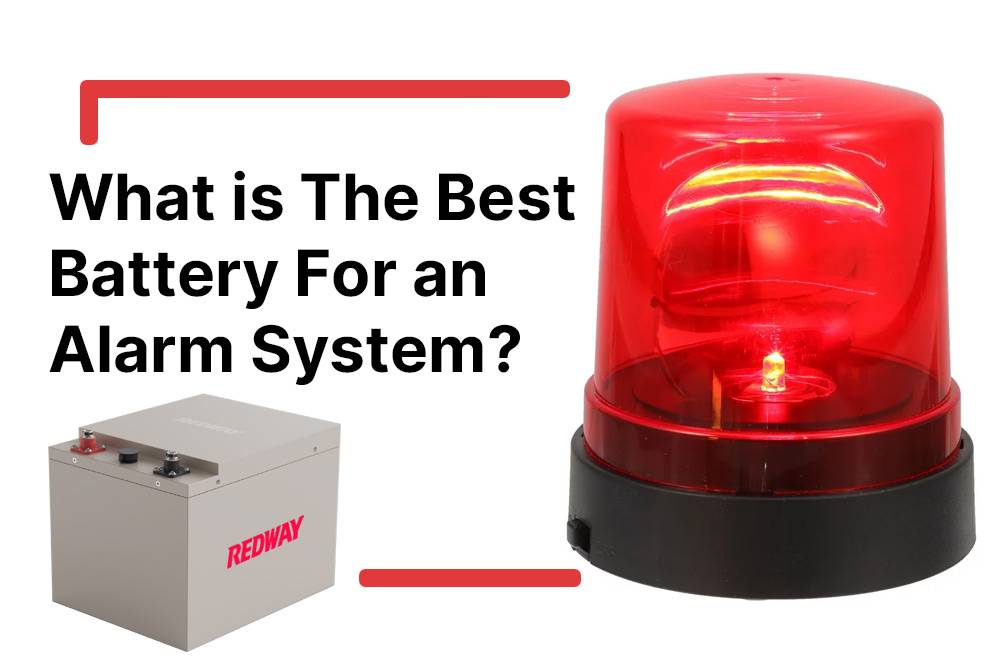
The best battery for an alarm system typically depends on the specific requirements of the system, including power needs and backup duration. Common choices include Sealed Lead-Acid (SLA), Lithium-Ion (Li-ion), and Nickel-Metal Hydride (NiMH) batteries, each offering unique benefits that cater to various applications.
What types of batteries are commonly used in alarm systems?
Alarm systems utilize several types of batteries, each with distinct advantages:
- Sealed Lead-Acid (SLA) Batteries: Known for their reliability and low maintenance, SLA batteries are widely used in alarm systems due to their durability and ability to withstand vibrations.
- Lithium-Ion (Li-ion) Batteries: These batteries offer high energy density and longer life cycles, making them ideal for compact systems with limited space.
- Nickel-Metal Hydride (NiMH) Batteries: NiMH batteries are eco-friendly and provide good performance, suitable for applications where frequent recharging is necessary.
- Nickel-Cadmium (NiCd) Batteries: Although less common today due to environmental concerns, NiCd batteries still offer solid performance in various temperature ranges.
| Battery Type | Advantages | Disadvantages |
|---|---|---|
| SLA | Reliable, low maintenance | Heavier, limited cycle life |
| Li-ion | High energy density, long cycle life | More expensive |
| NiMH | Eco-friendly, good performance | Lower capacity than Li-ion |
| NiCd | Good temperature performance | Environmental concerns, memory effect |
What factors should you consider when choosing a battery for an alarm system?
When selecting a battery for your alarm system, consider the following factors:
- Capacity: Ensure the battery has enough capacity (measured in amp-hours) to provide adequate backup power during outages.
- Voltage Compatibility: Verify that the battery voltage matches your alarm system’s requirements to avoid damage.
- Maintenance Needs: Decide whether you prefer a maintenance-free option or are willing to perform regular upkeep.
- Size and Fit: Ensure the battery fits within the designated compartment of your alarm system without modifications.
- Brand Reliability: Choose reputable brands known for quality and reliability.
| Factor | Considerations |
|---|---|
| Capacity | Sufficient amp-hours for backup |
| Voltage | Must match system requirements |
| Maintenance | Preference for maintenance-free options |
| Size | Must fit within designated space |
| Brand Reliability | Opt for established brands |
Which batteries are highly recommended for alarm systems?
Here are some top-rated batteries suitable for alarm systems:
- Duracell Ultra Power Alkaline Batteries: Known for reliability and maximum output, ideal for uninterrupted operation.
- Energizer Ultimate Lithium Batteries: Perform exceptionally well in extreme temperatures with a long shelf life.
- Panasonic Eneloop Rechargeable Batteries: Eco-friendly with low self-discharge rates; can be recharged hundreds of times.
- Varta High Energy AA Alkaline Batteries: Affordable yet reliable, delivering consistent power.
- Lithonia ELB-1228 Lead Acid Battery: Ideal for commercial applications requiring dependable performance during emergencies.
| Recommended Battery | Type | Key Features |
|---|---|---|
| Duracell Ultra Power | Alkaline | Maximum power output |
| Energizer Ultimate Lithium | Lithium | Long shelf life, extreme temperature tolerance |
| Panasonic Eneloop | NiMH | Rechargeable, eco-friendly |
| Varta High Energy AA | Alkaline | Affordable, consistent power |
| Lithonia ELB-1228 | Lead Acid | Reliable performance in emergencies |
How does battery type impact the performance of an alarm system?
The type of battery directly influences an alarm system’s performance:
- Power Output: Different batteries provide varying levels of power output; SLA and lithium-ion typically offer higher outputs than alkaline options.
- Lifespan: Lithium-ion batteries often last longer than SLA or alkaline batteries due to their superior cycle life.
- Temperature Tolerance: Some batteries perform better in extreme temperatures; lithium-ion excels in both high and low conditions compared to others.
Understanding these differences helps ensure that your chosen battery meets the demands of your specific alarm system.
Why is maintenance important for alarm system batteries?
Regular maintenance is crucial for ensuring optimal performance and longevity of alarm system batteries:
- Preventing Sulfation: For SLA batteries, regular checks can prevent sulfation buildup that reduces capacity.
- Monitoring Charge Levels: Keeping track of charge levels helps avoid deep discharges that can damage the battery over time.
- Ensuring Connections Are Secure: Regular inspections help identify loose or corroded connections that can affect performance.
Implementing a maintenance schedule can significantly enhance the reliability and lifespan of your alarm system’s power source.
Industrial News
Recent advancements in battery technology have led to improved options specifically designed for security applications. Companies are focusing on developing more efficient lithium-ion solutions that offer longer lifespans and faster charging times while minimizing environmental impact through sustainable practices. Additionally, smart monitoring systems are being integrated into alarms to provide real-time updates on battery health.
Redway Power Insights
“Choosing the right battery is essential not just for functionality but also for peace of mind,” says industry expert Jane Smith from Redway Power. “With advancements in technology, users now have access to more reliable options that enhance security while being environmentally conscious.”
Securing your golf cart demands reliable solutions like the best golf cart alarm systems, which combine motion sensors, GPS tracking, and loud alarms to deter theft. For owners in wet climates, waterproof golf cart security alarms provide essential durability against rain and humidity. Pairing these systems with high-performance components, such as batteries from Redway Power, Lithium LiFePO4 Golf Cart Battery Factory, Golf Trolley Batteries Wholesale, ensures seamless operation and extended protection.
Waterproof golf cart security alarms are critical for outdoor use, as they resist corrosion and moisture damage. Meanwhile, affordable golf cart theft prevention options balance cost and functionality, offering features like remote controls and tamper alerts without breaking the budget. Many of the best golf cart alarm systems also integrate with mobile apps, enabling real-time monitoring and customizable settings for enhanced safety.
Investing in affordable golf cart theft prevention doesn’t mean compromising quality. Prioritize alarms with long battery life, easy installation, and warranty coverage. Whether for personal use or commercial fleets, advanced security systems protect your investment and provide peace of mind during every round.
FAQ Section
Q1: Can I use regular alkaline batteries in my alarm system?
A1: While some systems may accept alkaline batteries, it’s generally better to use rechargeable or specialized batteries designed for security applications.Q2: How often should I replace my alarm system’s battery?
A2: It’s recommended to check your battery at least once a year and replace it every 3-5 years or as needed based on performance.Q3: What happens if I use a battery with the wrong voltage?
A3: Using an incorrect voltage can lead to malfunction or permanent damage to your alarm system.Q4: Are lithium-ion batteries worth the investment?
A4: Yes, they typically offer longer lifespans and better performance compared to traditional options like SLA or alkaline batteries.


